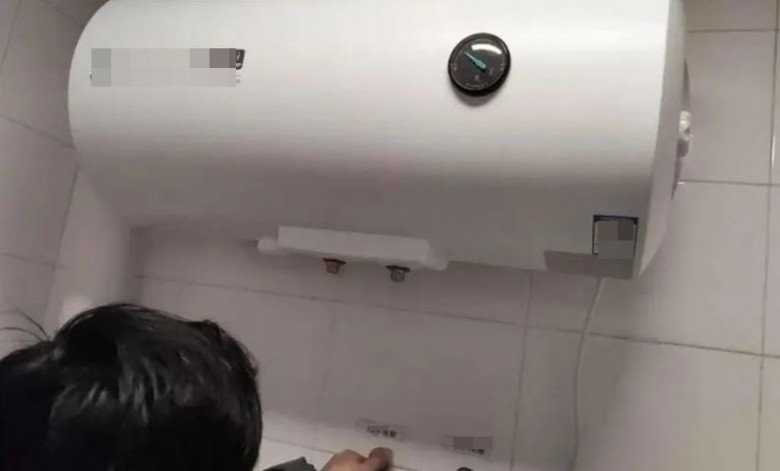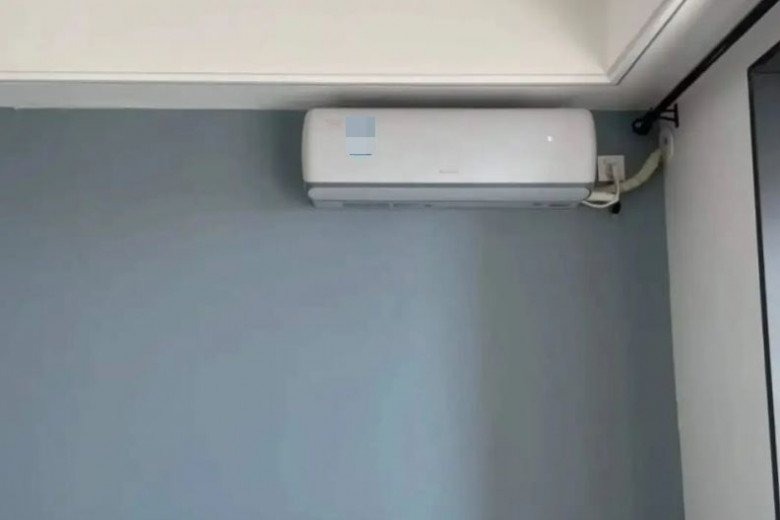I used to think that unplugging appliances after each use was a hassle and didn’t make much difference in energy consumption. But after hearing advice from an electrician, I realized that many electrical appliances consume a significant amount of electricity when left on standby for extended periods. In our homes, we use a variety of appliances that enhance our quality of life, but they all require electricity to function.
Paying attention to our daily electricity consumption is crucial, not only for our wallets but also for safety. Leaving appliances plugged in can waste money and pose potential risks. Here are some common household appliances that you should unplug to save energy and ensure safety:
Water Heaters
Water heaters are essential in many households, providing convenient hot water for bathing. However, people often forget to unplug the heater after use, which can lead to unnecessary energy consumption. When left on continuously, water heaters use a lot of electricity and shorten their lifespan. If you don’t use hot water frequently or travel often, unplug the water heater when it’s not in use. Constantly heating water will drive up your electricity bill.

Water heaters are a household essential, providing hot water for bathing.
Air Conditioners
Air conditioners are among the most energy-intensive appliances in the home, even if used for only a few months a year. During hot weather, it’s tempting to set the temperature very low. However, research shows that lowering the temperature by just one degree can increase electricity consumption by up to 10%. Additionally, if you don’t unplug the air conditioner when not in use, you’re still paying for the electricity it consumes on standby. To save energy, unplug the air conditioner and turn it off completely when you don’t need it.

Air conditioners are major electricity consumers.
Phone Chargers
In this modern age, mobile phones and tablets have become essential. We rely on them for various tasks, and they need frequent charging. However, many people leave their chargers plugged into the socket even after the device is fully charged, thinking it will be more convenient for the next charge. In reality, chargers continue to draw electricity even when not in use, and they can pose safety hazards. Cheap chargers may even explode if left plugged in for extended periods. To save energy and stay safe, unplug your charger from the socket once your device is fully charged.
TVs and Set-Top Boxes
TVs and set-top boxes also consume a lot of electricity because they often remain on standby even when you think you’ve turned them off with the remote control. Like TVs, set-top boxes should be completely turned off after use, as they can consume more electricity than the TV itself. Getting into the habit of properly turning off these devices can significantly reduce your annual electricity bill.
Remember to unplug appliances like phone chargers, TVs, and set-top boxes when not in use. This advice comes from personal experience, and adjusting your habits can lead to significant savings. Take action now to reduce your electricity costs!
Important Guidelines to Follow When Utilizing a Washing Machine’s Dryer Function
If you’re looking for ways to maximize the efficiency of your washing machine and dryer, we’ve got just the advice for you! Follow a few simple guidelines and you can increase the performance of your machines, save time and energy, and reduce noise levels. To get started, here’s a look at the best practices for using the dryer function of your washing machine!
Discover How Much Power Your Electronics Consume When Not In Use
Do you ever consider the amount of energy some of your electronics and appliances are consuming while you’re not even using them? With the amount of electricity being used each month, it’s important to find out how you can cut down on these costs. Let’s investigate some tips and tricks to help you save energy.
Increases in Energy Efficiency Achieved with Slow Cookers
As the demand for convenient cooking continues to rise, more and more families, especially those with young children, are turning to slow cookers as a way to create healthy and tasty meals with minimal effort. With so many settings and benefits, slow cookers offer a great solution for busy households.





































